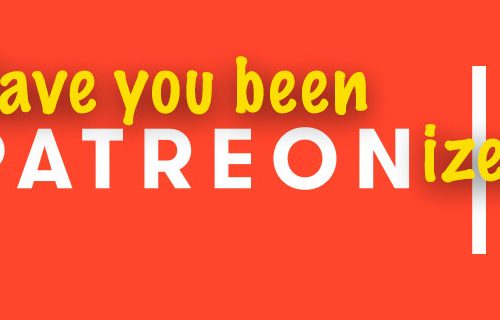Guest post by Sackcloth & Ashes
After selling The Independent and The Independent on Sunday to Johnston Press last week, Yevgeny Lebedev announced that the paper would cease its print run in March, but would continue as a digital newspaper. Part of me is saddened by the news, but not quite as sad as the former Deputy Editor, Ian Birrell.
Birrell tells us that this is the inevitable result of the digital revolution and its effect on print media, and ends by asking ‘how do we fund quality journalism in the digital age’? The implication seems to be that ‘quality journalism’ was something The Indie was consistently producing from its inception.
When The Indie was founded nearly 30 years ago, it was set up with the genuine aspiration to be a source of credible and careful reportage. Its founding principles were that it would not taint journalism with political partisanship, that it would separate reporting from commentary, and that it would avoid trivia. For at least the first ten years of its existence it stuck to those principles.
By the time it ‘[embraced] a global, digital-only future’, it had become the paper that employed Robert Fisk and Johann Hari, was as vindictive and as strident in its reporting as The Daily Mail, and its online version had become tainted with clickbait.
Birrell tells us that the paper he used to work for is a casualty of modern technology. But there is perhaps another reason why a paper that was shifting at least 200,000 copies a day in 2009 was barely selling 60,000 prior to its closure.
Maybe The Independent died because it forgot its own founding principles, and it progressively lost most of its readers as a result.
Now there’s a thought …


